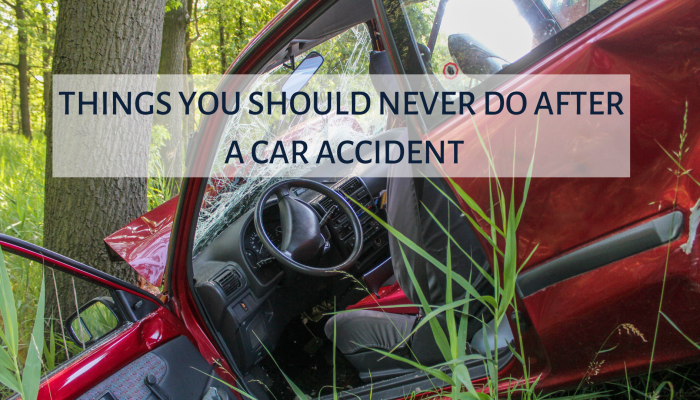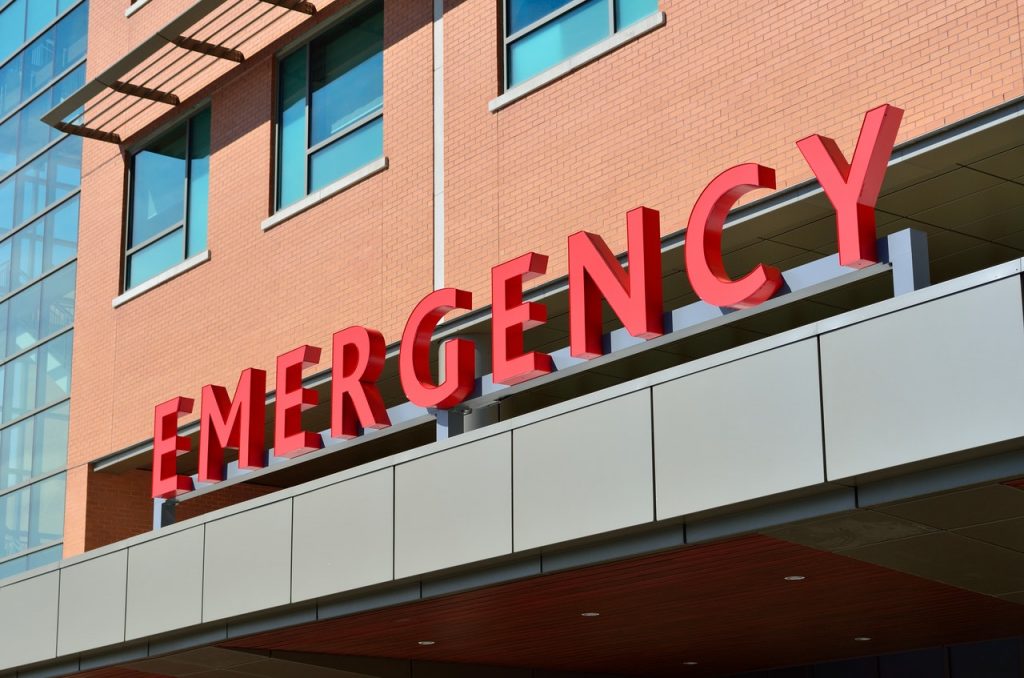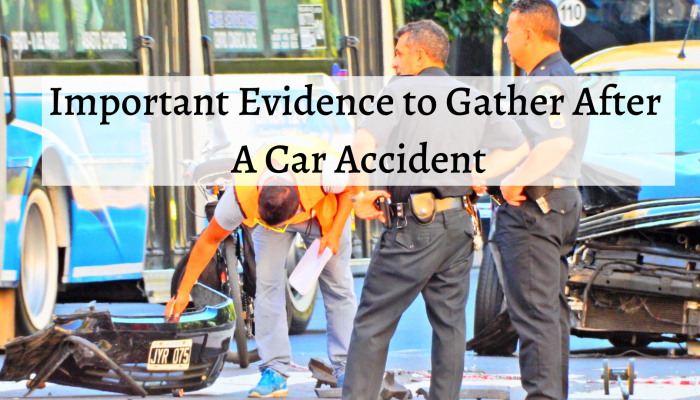When you get into a car accident because of another driver, your life can change in an instant. If you have been seriously, contacting a trusted car accident lawyer like one from Ward & Ward Law Firm. After a car accident, it is common for many victims to be stuck with expenses, such as medical bills, property damage, vehicle repairs and more.
Knowing what to do if you get injured in a collision can keep you safe, protected and prepared. It is also a good idea to be aware of crucial mistakes that you should avoid so that you don’t run into any issues. Avoid these mistakes below if you are ever injured in a car accident.
Not seeking medical attention
You have just gotten into a car accident and notice that you feel bruised and sore, but believe that you are overall fine. Because you feel okay, you tell a first responder that you are fine and that you don’t need medical treatment.
This is a big mistake that many people make. Even if you have minor injuries you should always receive an immediate medical evaluation from a doctor or other medical professional following an accident. You may have injuries that are not visible to you, and having a professional write a medical report is a strong piece of evidence to have as part of your claim.
Apologizing or admitting guilt
After an accident, you feel guilty or feel that you have partially contributed to the accident. You express your guilt and apologize to the other driver. Expressing guilt or apologizing is something you should never do after an accident. Your words can be used against you, and it may affect how the outcome of your case turns out.
Accepting the first settlement offer
Many people accept the first settlement offer that is given to them. Taking the first offer that comes your way is not something you should do because it is likely that it is not the best deal you can receive. Insurance companies will rarely give you the highest compensation. Ask a car accident lawyer to review any settlement offers that come your way so they can determine if it is fair.
Hiring a lawyer is recommended if you have suffered injuries that you are struggling to pay for. Schedule a risk-free and confidential case evaluation with a car accident lawyer now so that you can learn more about your options and how to best move forward with your case.







